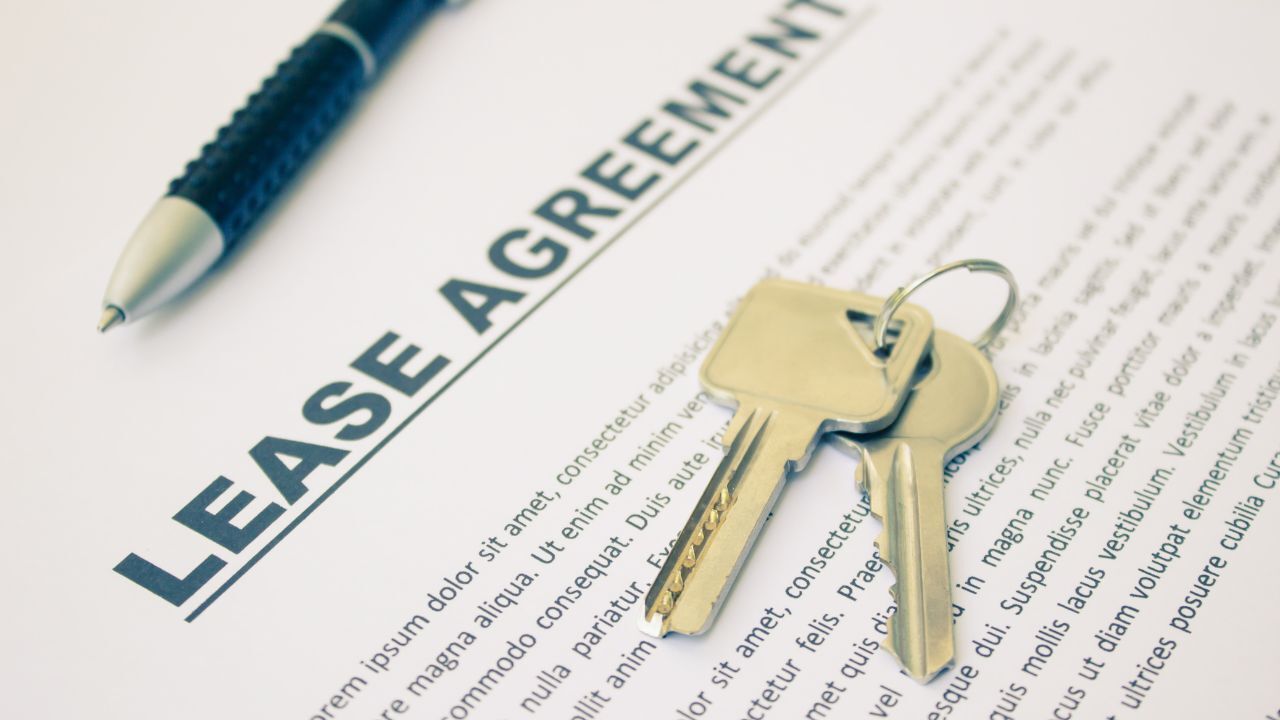 What Is a Lease-Option Agreement?
What Is a Lease-Option Agreement?
A lease-option agreement is a creative strategy that allows homeowners to sell their property by offering a potential buyer the opportunity to lease the home for a specified period, with the option to purchase it at the end of the lease term. This arrangement combines a standard lease agreement with a separate option-to-purchase contract. It’s an ideal solution in slower markets or for sellers looking to attract buyers who may not yet qualify for a traditional mortgage.
How the Process Works
In a lease-option setup, the seller and tenant-buyer agree on two main components: the lease terms and the purchase option. The lease typically lasts one to three years and functions like any standard rental agreement. Alongside this, the buyer pays an upfront, non-refundable option fee that secures their right to buy the home later at a predetermined price. This option fee is often applied toward the eventual purchase if the buyer decides to move forward.
Benefits for Sellers
For sellers, lease-option agreements offer several advantages. First, they open the door to a broader range of potential buyers, including those working on improving their credit or saving for a down payment. During the lease term, the seller continues to collect rental income—often at a premium rate. If the buyer chooses not to exercise the purchase option, the seller keeps the option fee and can re-list the home or pursue another buyer. This setup can also provide more flexibility and potential appreciation over time.
Risks and Considerations
While beneficial, lease-option agreements come with responsibilities. Since the seller retains legal ownership during the lease, they may still be responsible for certain taxes, insurance, or maintenance, depending on how the agreement is structured. It’s also possible the buyer may decide not to purchase, especially if market values decline, leaving the seller back at square one. To avoid misunderstandings, it’s essential to clearly outline who is responsible for what is in the lease-option contract.
Lease-option agreements are not the right solution for every seller, but they can be a powerful tool when used strategically. They provide flexibility, income, and the possibility of a future sale, while giving buyers the time they need to prepare for homeownership. Sellers considering this route should work closely with a knowledgeable real estate agent and legal professional to ensure the contract is airtight and aligns with their goals.
